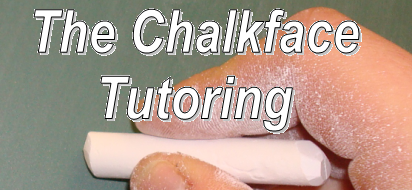
"Happy is the person who comes to
understand something and then gets
to explain it"
Marshall Cohen


Anthony
Maths Tutor
0770 4321151
anthony@thechalkface.net
 "Happy is the person who comes to understand something and then gets to explain it" Marshall Cohen |
 |
 Anthony Maths Tutor 0770 4321151 anthony@thechalkface.net |
Frequently Asked Questions
Is tuition the best option for me?